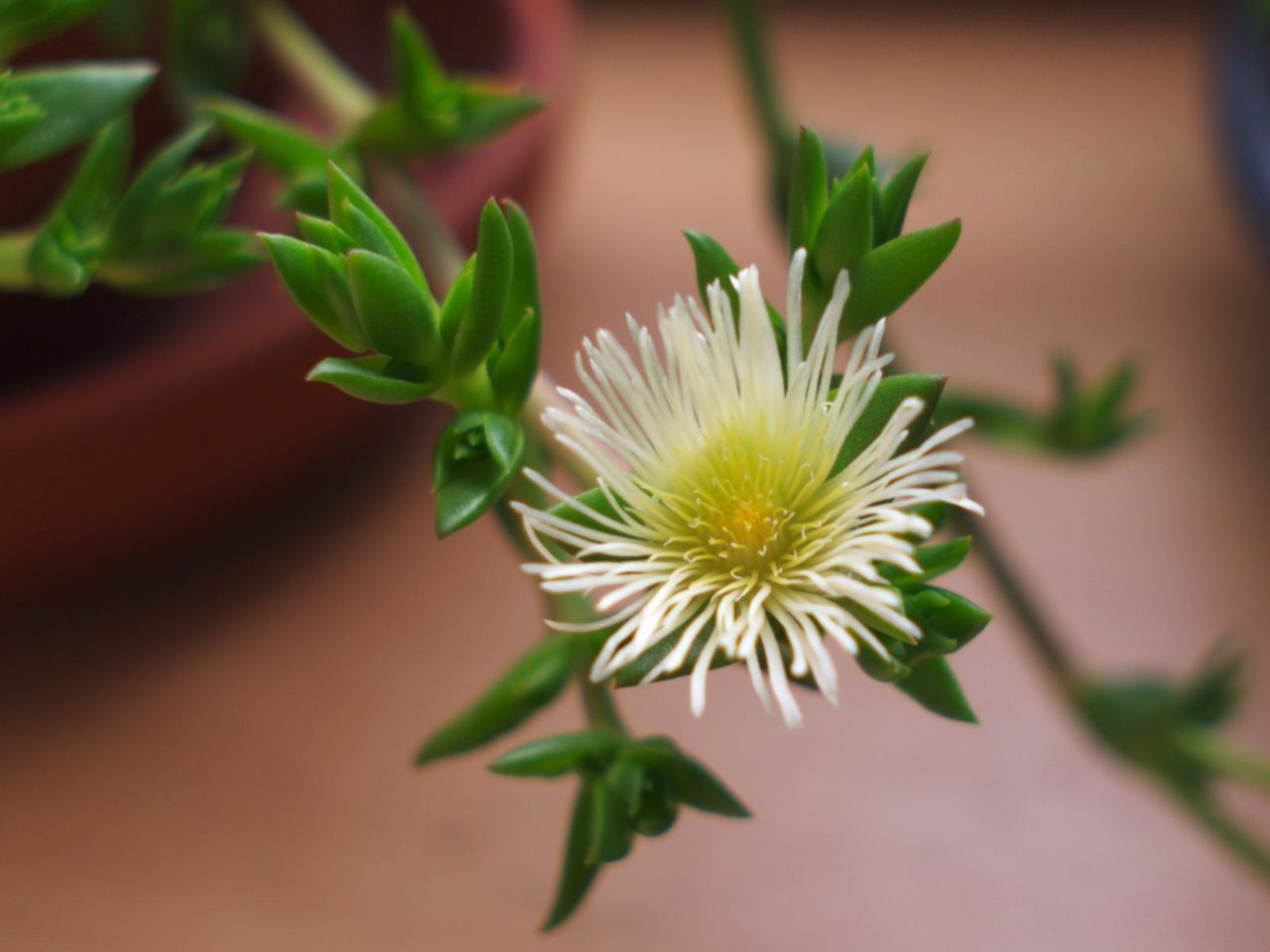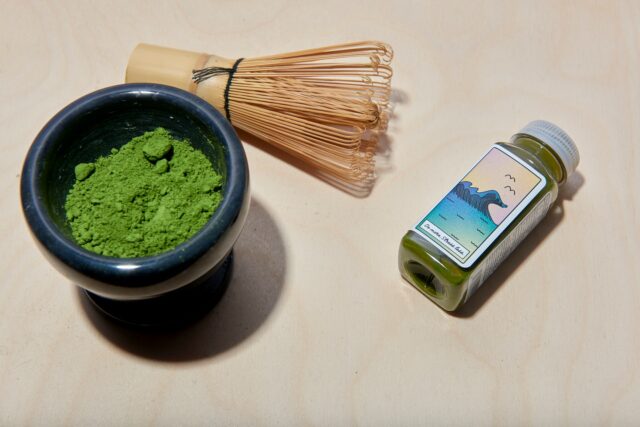Like other chronic and seemingly intractable illnesses, the incidence of depression is reaching epidemic levels. In fact, according to the World Health Organization, depression is the leading cause of disability worldwide, and an estimated 350 million people of all ages suffer from depression. It’s a complex and notoriously difficult to treat condition. It often occurs alongside comorbidities such as anxiety, chronic pain and obesity, but it may also present as an isolated issue with no obvious underlying cause(s). The reduced quality of life caused by depression is difficult for patients to soldier through, and healthcare professionals may feel frustrated that they have limited options to offer patients beyond pharmaceutical drugs that frequently induce side-effects that may be nearly as unpleasant as the depression, itself.
Patients and medical professionals alike are seeking natural remedies that are safe and effective for combating depression. Commonly employed compounds include St. John’s wort, 5-HTP, and vitamins B6, B12, and folate. A lesser-known but efficacious compound for boosting mood as well as addressing some of the other issues that may occur along with depression—anxiety, in particular—is sceletium, also known as Kanna, Channa, or Kougoed. This extract is considered a nootropic, and comes from Sceletium tortuosum, a plant native to southern Africa. The sceletium plant has been used by indigenous peoples for centuries for relaxation, stress reduction, and calming thirst and hunger signals prior to long hunting trips. “Historically Sceletium tortuosum (Kanna) was chewed, smoked or used as snuff producing euphoria and alertness which gently fade into relaxation.â€
Modern research now supports the efficacy of this traditionally employed compound for enhancing positive mood and cognitive function, reducing stress, and inducing calm without sedative effects, and, very importantly, without inducing dependency. Two main mechanisms underlie sceletium’s effects. First, it acts as a natural selective serotonin reuptake inhibitor (SSRI). Sceletium binds to serotonin transporters, inhibiting reuptake of this neurotransmitter from the synapse of serotonergic neurons, resulting in an increased serotonin concentration in the synaptic cleft, in the same fashion as prescription SSRIs.
Sceletium’s second mechanism of action is in inhibiting phosphodiesterase-4 (PDE4). PDE4 is an enzyme that hydrolyzes cyclic AMP (cAMP) and is highly expressed in brain regions involved in memory, anxiety and depression, including the amygdala, nucleus accumbens and hippocampus. Animal models suggest PDE4 inhibitors can reverse depression, improve cognition and alleviate anxiety. A small, double-blind, placebo-controlled crossover study showed that oral supplementation with sceletium resulted in significant attenuation of the threat circuitry of the human brain, which may have positive implications for reducing anxiety. PDE4 inhibitors may have positive effects on cognitive function and overall neurological health by enhancing the differentiation of oligodendrocyte progenitor cells and facilitating
acceleration of re-myelination of damaged cells in the central nervous system. Moreover, it has been suggested that SSRIs and PDE4 inhibitors work synergistically, because use of SSRIs may upregulate PDE4 activity, subsequently reducing sensitivity to SSRIs over the long-term. Therefore, a compound capable of both actions may be more effective and have broader therapeutic utility than either intervention on its own. The two major alkaloids in sceletium—mesembrine and mesembrenone—are responsible for most of the extract’s effects. Mesembrine is the predominant serotonin reuptake inhibitor (SRI), while mesembrenone is a dual SRI and PDE4 inhibitor.
Another interesting aspect of sceletium is its influence on appetite and thirst. The San and Khoikhoi peoples of southwestern Africa chewed on sceletium to attenuate hunger during long hunting trips. This may be helpful for individuals whose anxiety and/or depression leads them to seek comfort in food. Sceletium is not habit-forming and does not result in withdrawal symptoms common with tapering off pharmaceutical antidepressant and anxiolytic drugs. It may be combined with other supplements to help support stable emotions and a positive mental outlook, such as 5-HTP and vitamin B6, although caution is warranted when recommending sceletium to patients who are taking antidepressant or anti-anxiety medications.
SOURCE: https://blog.designsforhealth.com/node/988



